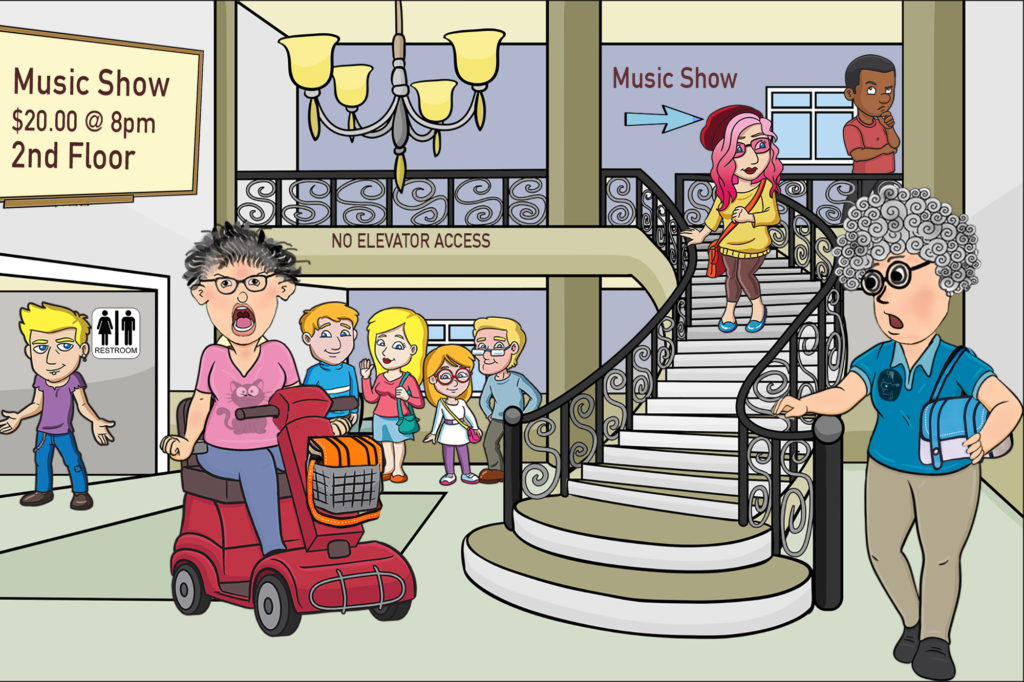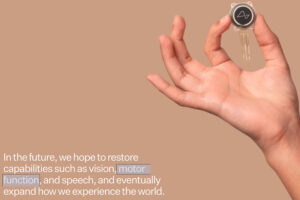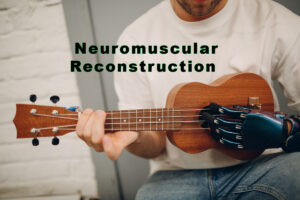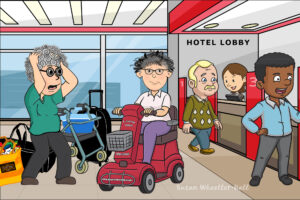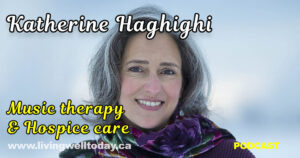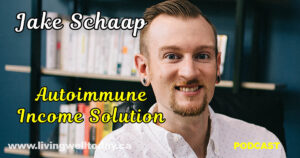There is a multitude of therapy options geared to aid healing and managing chronic illness. Most require a fair bit effort and possibly some (good) pain. Music, on the other hand, is one therapy that offers physical, mental, emotional, social, and spiritual benefits.
Well-trained music therapists use music interventions to accomplice specific goals in the quest to improve lives. This modality is becoming increasingly relevant when treating people with speech and memory conditions such as stroke and dementia .
According to the Alzheimer’s Foundation of America, “When used appropriately, music can shift mood, manage stress-induced agitation, stimulate positive interactions, facilitate cognitive function and coordinate motor movements.”
Our brains are wired to respond to music even though it’s not essential for survival. I bet most of us experienced music before we were able to speak by hearing lullabies or musical toys meant to calm or entertain us. Fast forward to today, maybe you listen to soothing meditation sounds, your favorite radio station or streaming service or get out to hear live music in a local venue or music festival?
Our neuromuscular motor system naturally moves to a rhythmic beat. When our nerves are triggered by sound we want to assume the vibe or groove. Now, I may be dating myself, but I recall how quickly my teenage friends and I dove onto the dance floor whenever we heard American R&B band Chic tell us all to ‘Freakout!’ at the start of their 1978 mega-hit Le Freak.
And the fitness industry also capitalizes on music-based exercise programs to accompany Zumba and aerobic classes. Who says losing weight can’t be fun?
Now dance and fitness classes are beyond my ability level at this point, but listening to, and attending music events are key activities that help me to manage my emotional mood and physiological outlook with respect to my disability.
Music has an amazing ability to transform our emotions and memories by taking us on an omnidirectional roller-coaster. In fact, music is second only to our sense of smell for its ability to stimulate memories.
On a social level, music is a great equalizer for audience members; everyone is there for enjoyment. It’s non-invasive and yet can also be powerfully motivating.
As a person who cannot sing, dance, play an instrument or hold a tune of any kind, I especially enjoy live shows – but all too often I bump up against the issue of accessibility. Not all venues are wheelchair accessible and municipal building regulations have yet to comprehensively enforce public access requirements.
Nonetheless, I attend as many shows and festivals as I can, and in spite of my disability, music is my therapy of choice.

